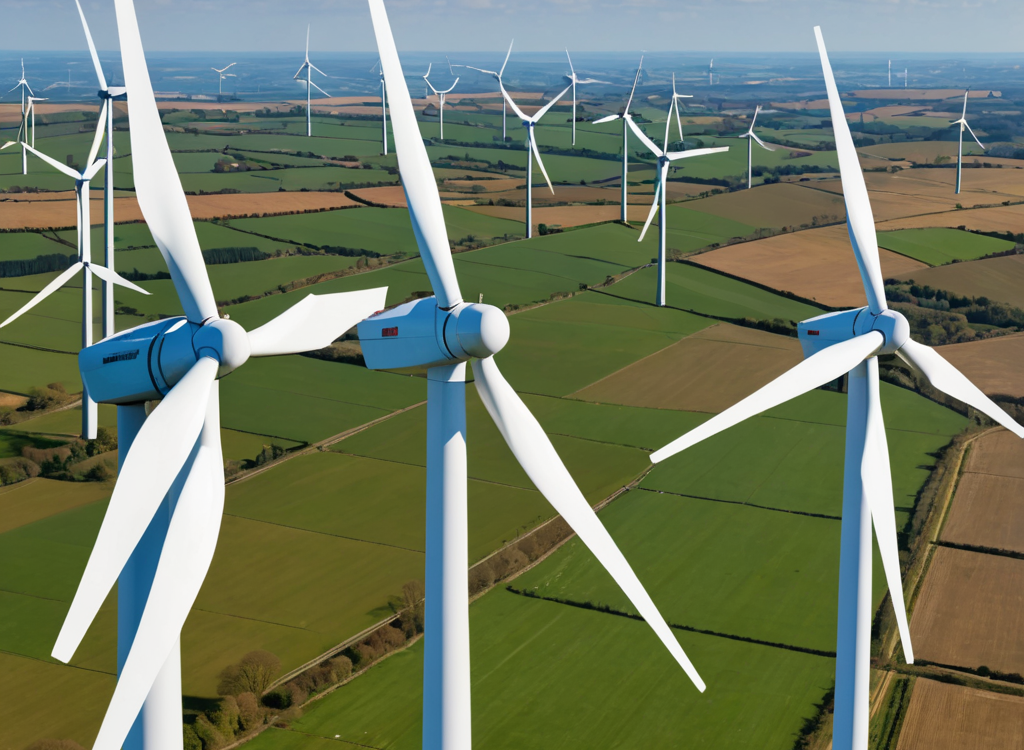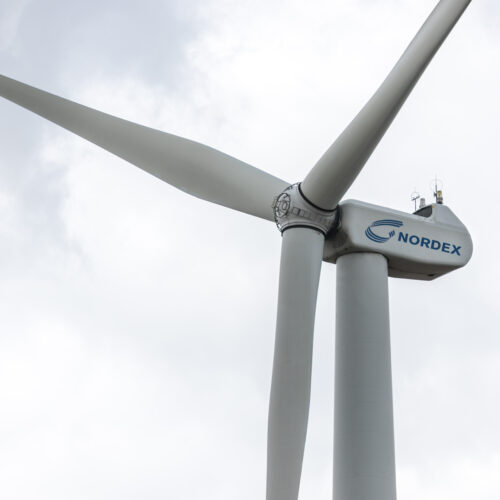In a segment for BBC Politics East’s “Race Across the East,” presenter Amelia Reynolds interviewed Andrew Harston, chair of East Wind, at Lowestoft, the most easterly point in the region. Harston emphasized that offshore wind farm projects along the Suffolk and Norfolk coast, capable of generating eight gigawatts (GW) of power—enough to supply seven to eight million homes—are poised for approval.
Harston, a strategic advisor to Associated British Ports, stated, “There have been significant developments. They are all approved and ready to proceed.” He urged the government to expedite the development of this industry to foster job creation and investment in the East of England.
When questioned about the need for difficult governmental decisions amid local opposition to pylons and substations, Harston remarked, “We see the increasing demand for electricity daily. We need more electricity and aim to be part of the cleaner, greener energy revolution.” He identified Lowestoft as the region’s renewable energy hub.
What Do the Parties Think?
- Conservative Party: Emphasizing the green economy’s potential to create well-paid jobs, the party is funding Sizewell C and accelerating new grid infrastructure connections. They support more onshore and offshore wind power and are investing in green research and development. Prime Minister Rishi Sunak affirmed the government’s commitment to the 2050 net zero target.
- Labour Party: Led by Sir Keir Starmer, Labour plans to avoid past mistakes from the coal phase-out in the transition away from oil and gas. They propose creating a public company, Great British Energy, to invest in clean energy and aim to eliminate fossil fuels from UK electricity production by 2030, five years ahead of current plans. Starmer emphasized planning for the future to secure jobs for generations.
- Liberal Democrats: Advocating for a substantial windfall tax on oil producers and traders, the party seeks increased investment in wind, solar, and marine power, and aims to lift restrictions on new schemes. They propose empowering local authorities to develop community renewable energy and an emergency home insulation program by 2030 to reduce emissions and fuel poverty.
- Green Party: The Greens call for investment in offshore and onshore wind to generate at least 100 GW of electricity by 2030, meeting about 70% of the UK’s demand. Co-leader Carla Denyer highlighted the economic, social, and environmental benefits of a green future, including job creation and emission reductions.
- Reform UK: The party intends to abolish the £10bn annual renewable energy subsidies and expedite North Sea gas and oil licenses. They argue that renewables are not cheaper and have contributed to rising energy bills over the past 15 years. Reform UK also supports the rapid development of clean nuclear energy, domestic lithium mining for electric batteries, combined cycle gas turbines, clean synthetic fuel, and clean coal mining.
Unlocking the potential of offshore wind farms could significantly boost the UK’s renewable energy capacity, driving economic growth and environmental benefits. The decisions made by the next government will be crucial in shaping the future of the East of England’s energy landscape.




